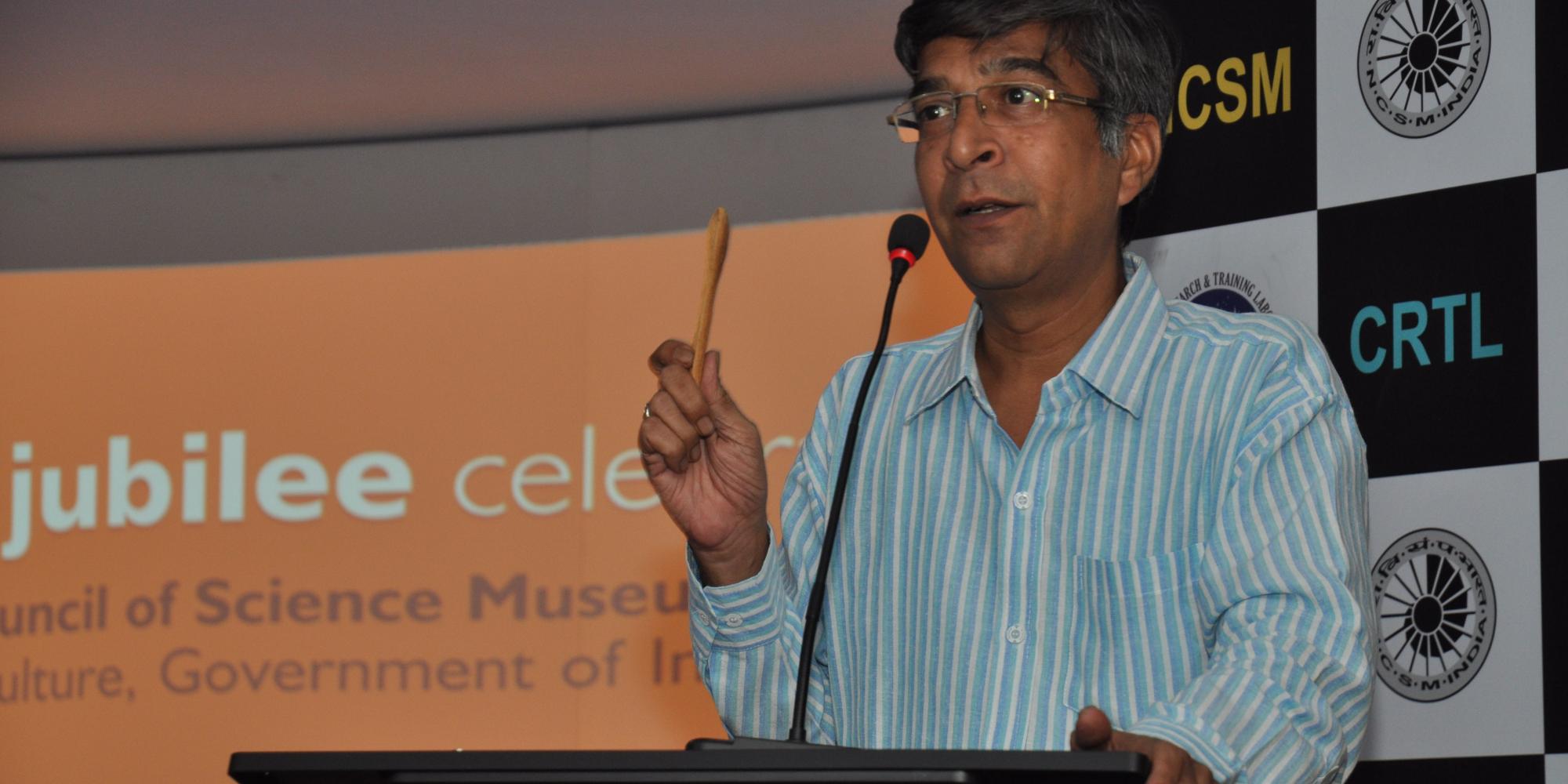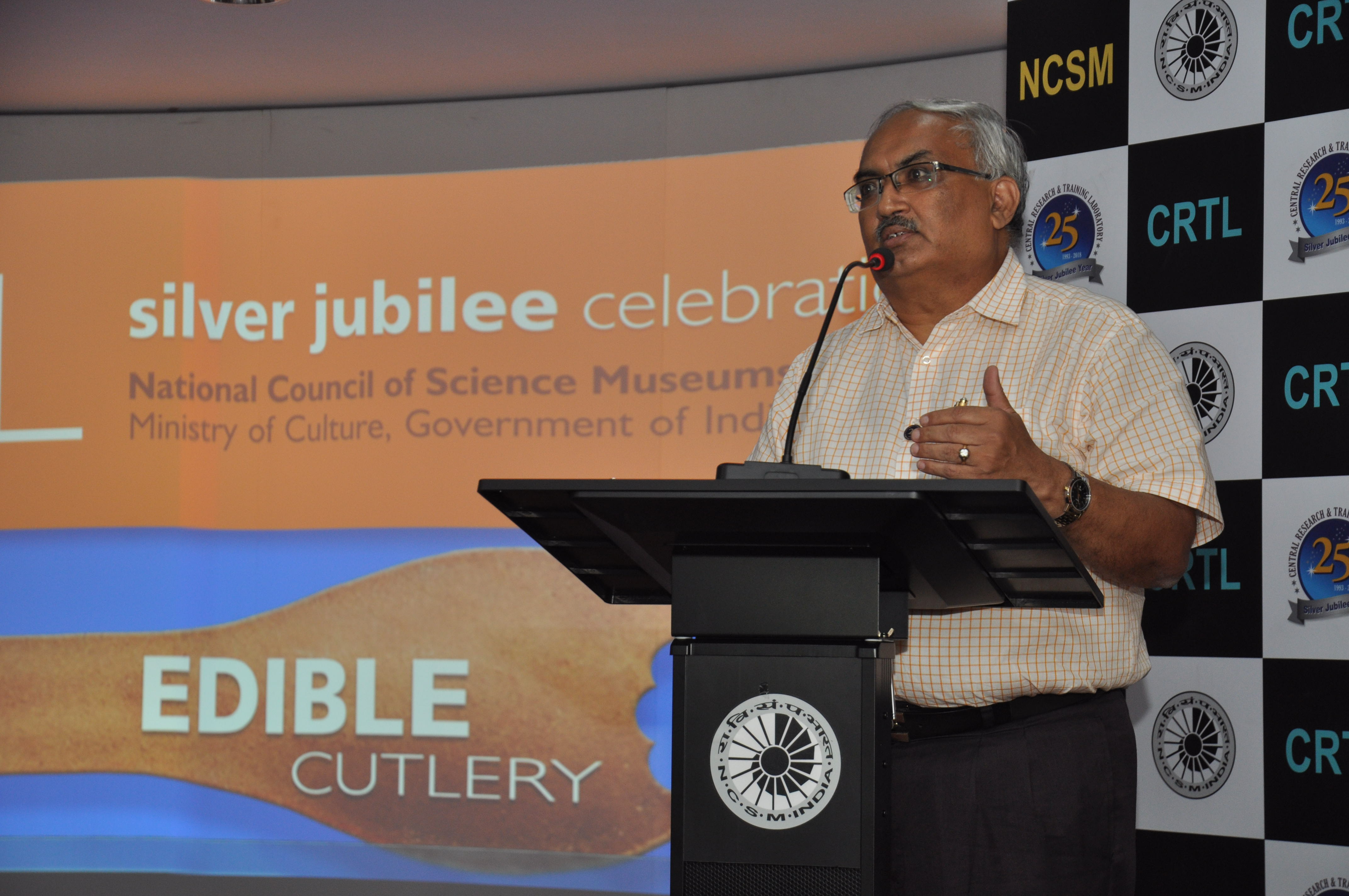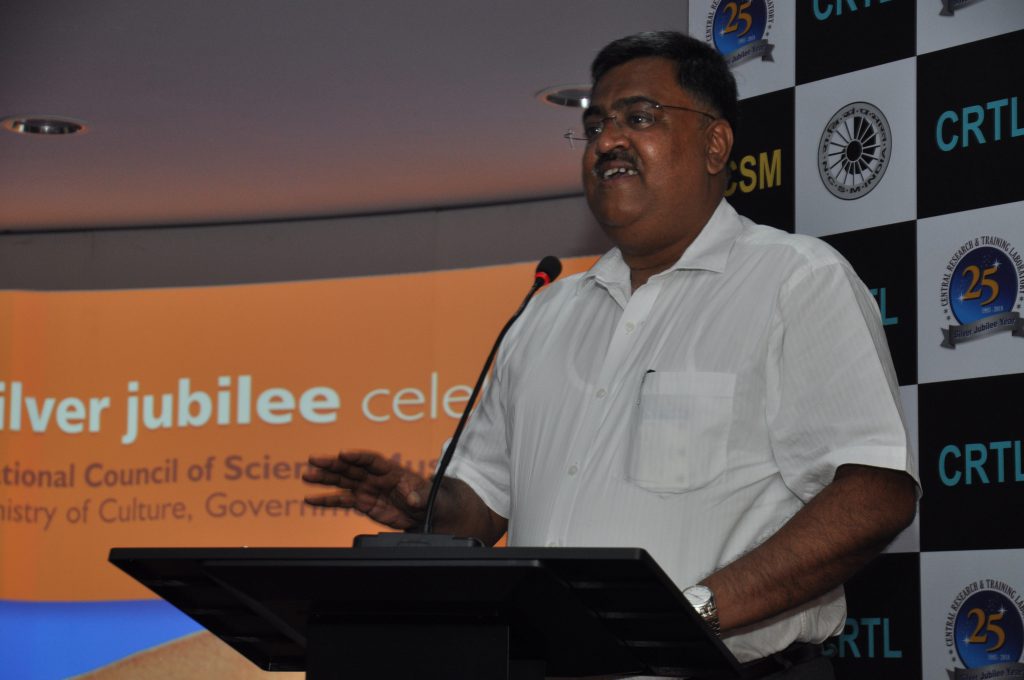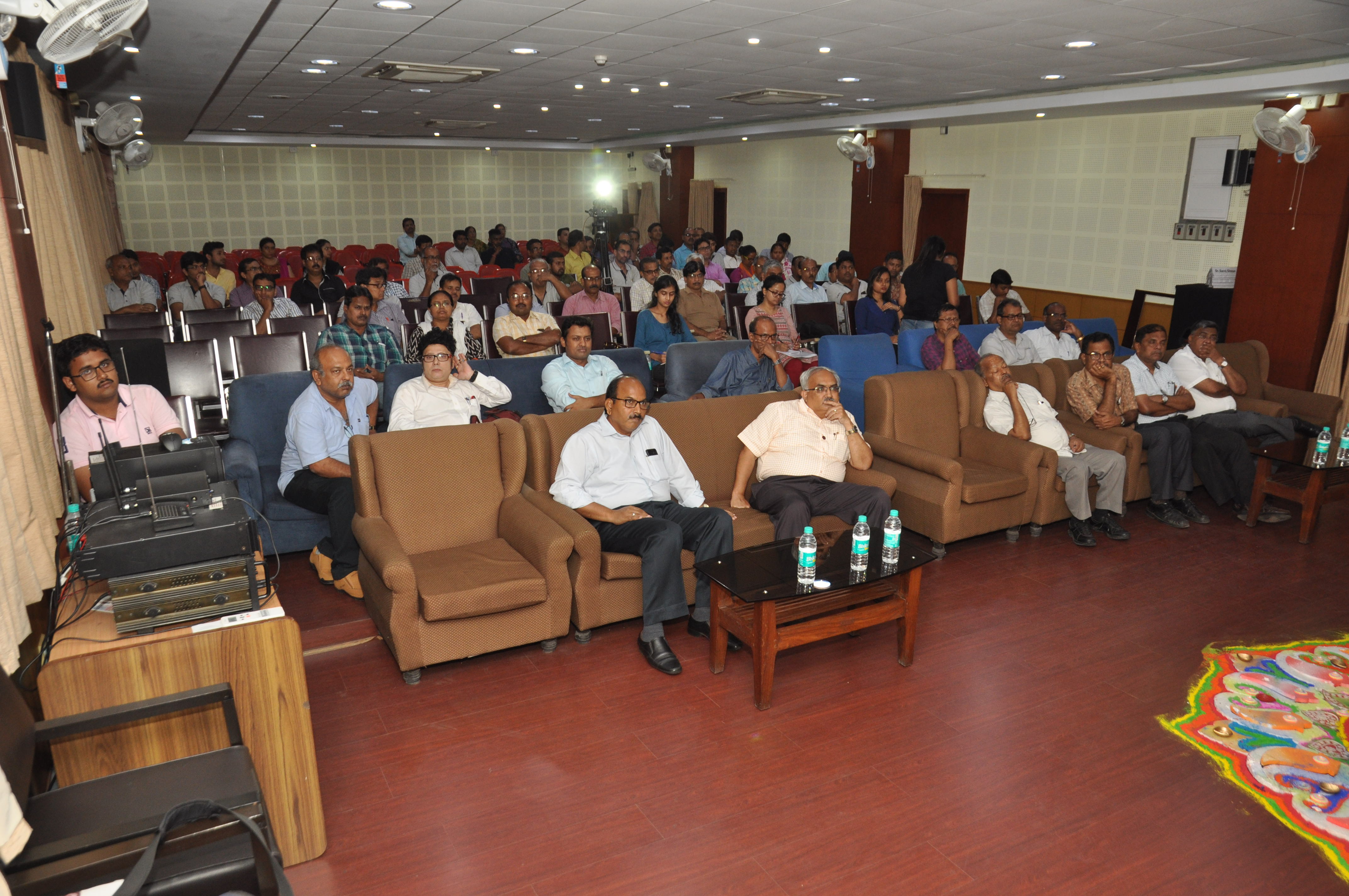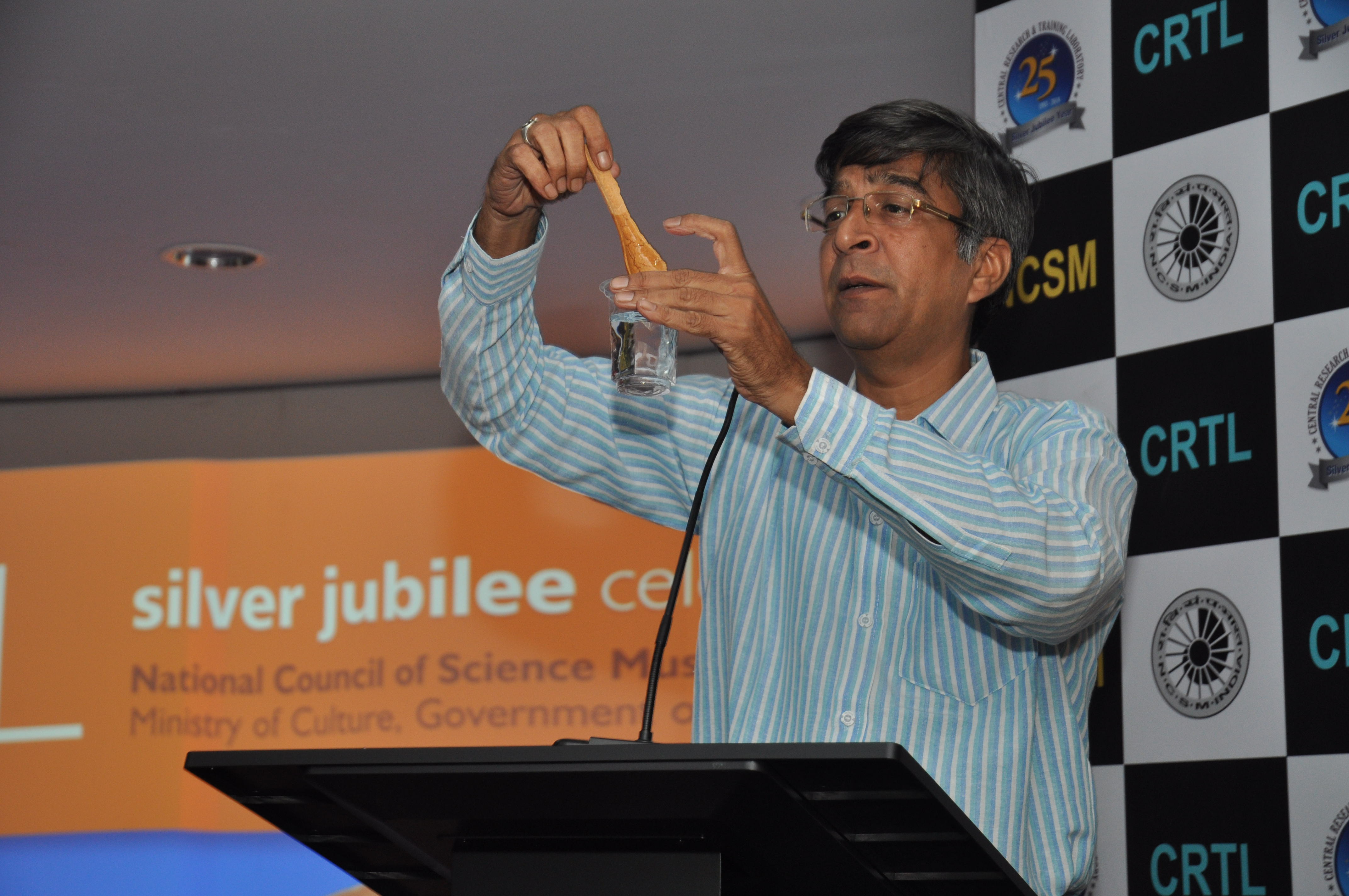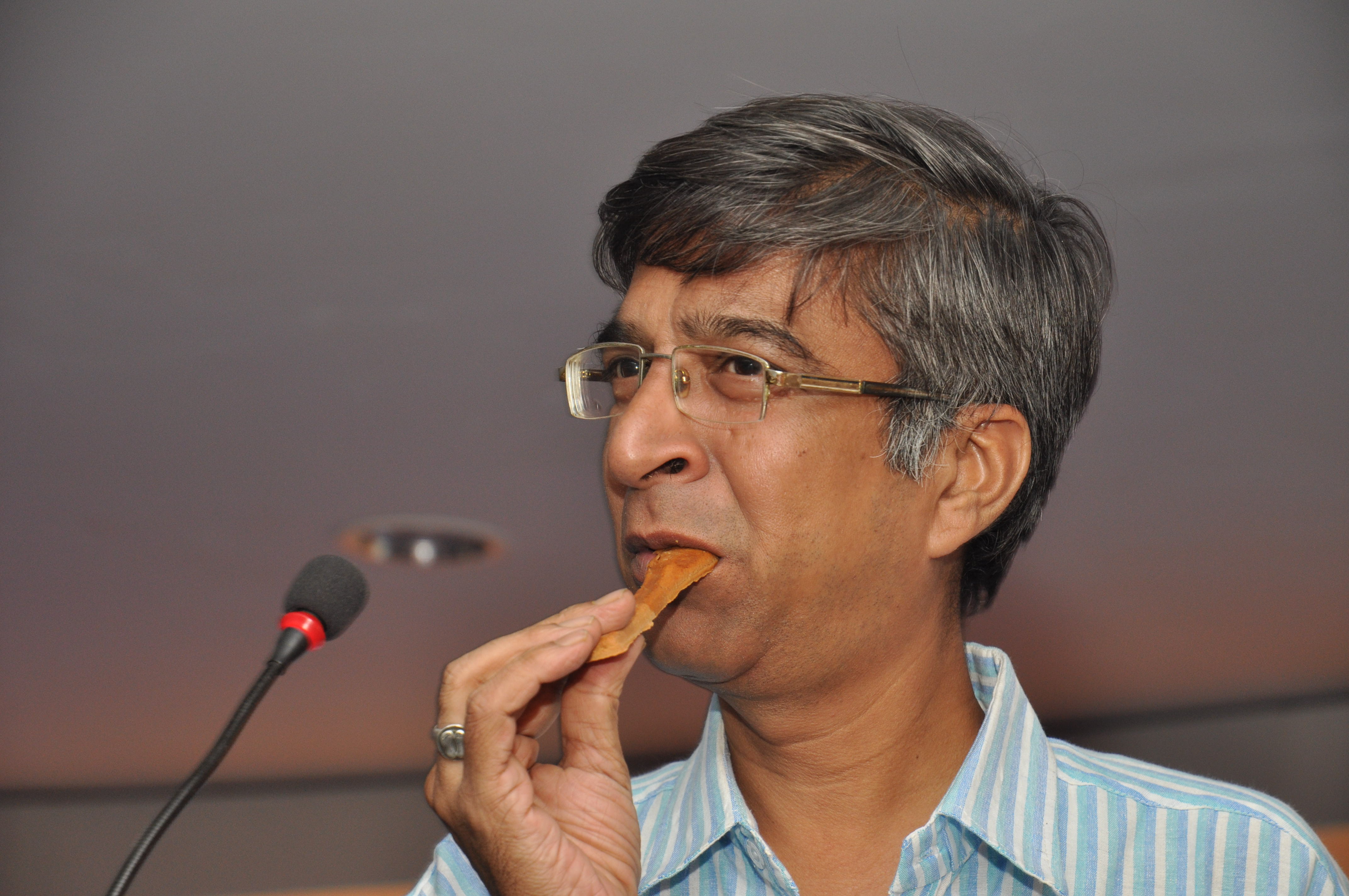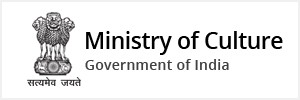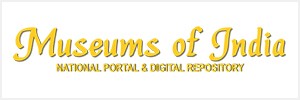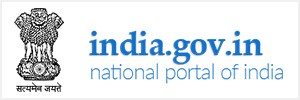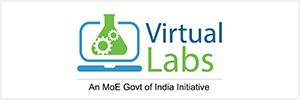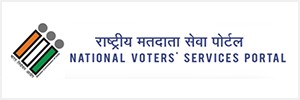Today, Central Research and Training Laboratory (CRTL), the research wing of National Council of Science Museums (NCSM) organised a lecture on ‘Edible Cutlery’. The lecture was delivered by Shri Narayana Peesapati, the innovator of edible cutlery. Speaking on the occasion, Shri Shrikant Pathak, Director, CRT said- ‘We have organised this lecture as a part of Silver Jubilee Celebration of CRTL and a prelude to the World Environment Day (WED) celebration. Since, India is the host country of this year’s WED celebration and the theme of WED is ‘Beat the plastic pollution’, we thought to present an innovation which helps to curb plastic pollution before the actual celebration of WED. It is expected to raise awareness about plastic pollution in anticipation among people and also to give impetus to start thinking of an innovative alternative to plastic as biodegradable materials to form a replacement to keep the planet green.’
Plastic contains several chemical complexes that leach into food. Many of these are carcinogenic and neuro-toxic. The increasing trends in cancer incidences across the world are due to excessive exposure to plastic in form of packaging in the food industry (eg: milk pouches) and plastic disposable cutlery.
Shri Arijit Dutta Choudhury, Director General, National Council of Science Museums (NCSM) welcomed Mr. Peesapaty and thanked him for his wonderful innovation which is environmentally as well as socially relevant. He further added – ‘CRTL was dedicated to the nation by the then Honourable President of India Dr. Shankar Dayal Sharma on 13th March 1993. Since, then CRTL has been engaged in research and development of state of the art innovative and interactive exhibits and display techniques for the museums and science centres. Presenting the innovation was obvious and hope this will be helpful in generating ideas among ourselves and also among masses. ’
Shri Peesapaty shared why he thought of making edible cutlery. He shared that – ‘The demand for plastic cutlery is increasing over the days. Plastic, a petroleum by-product is more harmful to the human body because of the presence of several toxins and carcinogens. Its application as food consumption utensil enhances the chances of these chemicals to get into the human system. On the other hand, edible cutlery is made of food materials (sorghum, rice and wheat flours) and they come with nutritive contents and can be a good alternative to plastic use.’
Mr. Peesapaty was selected as GREEN HERO by Wellspun renewables in 2015.

